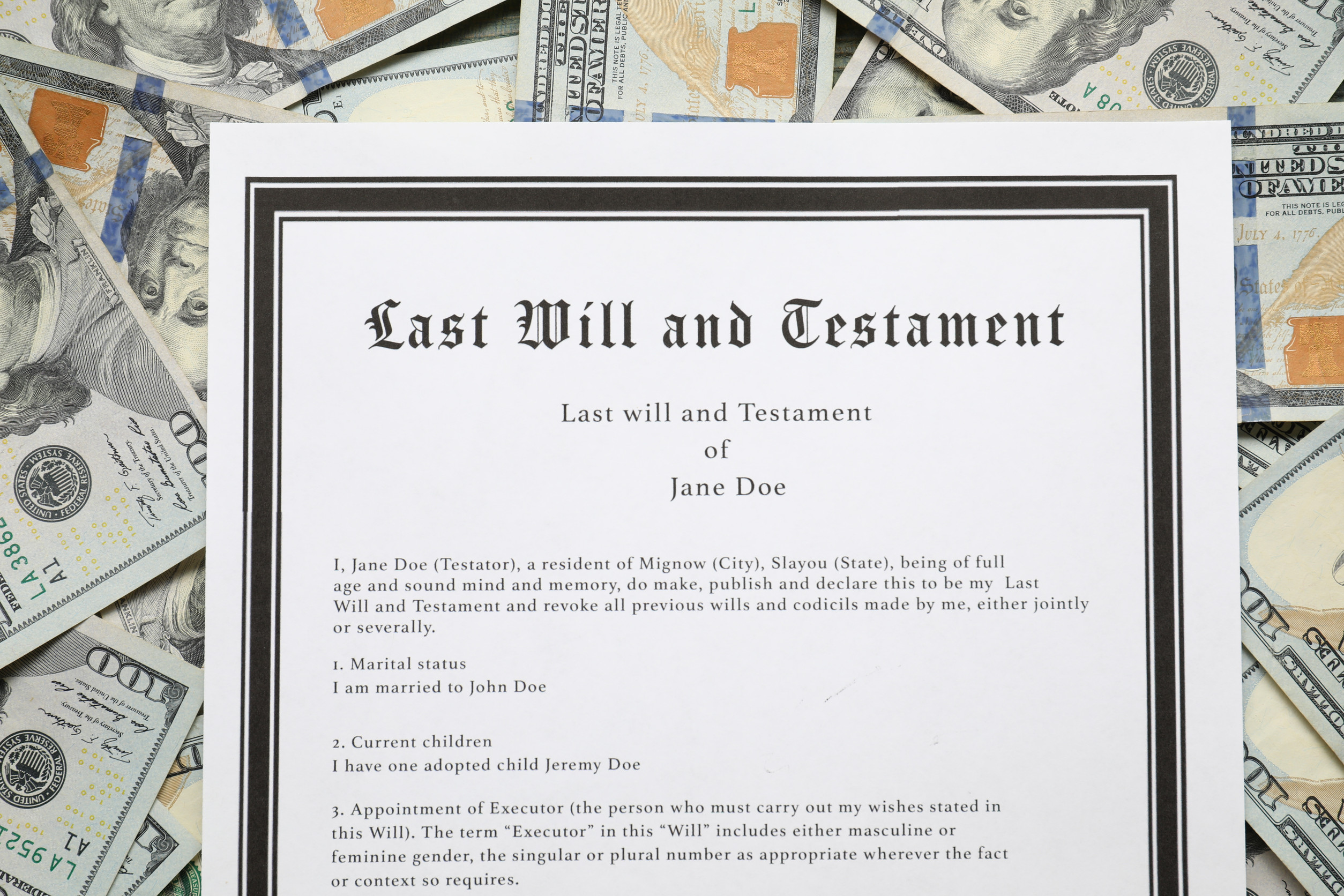
Nothing tests the strength of family bonds like the death of a loved one—especially when money and property are on the line. The grief is real, but so is the tension that brews beneath the surface, often set off by people who claim they’re “just helping.” Inheritance fights don’t always start from selfishness or greed; sometimes they erupt because of outside interference from so-called well-meaning friends.
These friends insert themselves into the grieving process, estate planning, or asset division, disrupting an already fragile situation. Their influence can turn misunderstandings into full-blown family wars, and their advice—though dressed as concern—can tear siblings apart.
1. The “Caretaker” Who Keeps Score
When someone spends time caring for an aging relative, emotions run high and expectations quietly build. A close friend who assumes the role of primary caregiver might feel entitled to a larger piece of the inheritance, even if nothing in writing supports that belief. Their stories of sacrifices made, hours logged, and opportunities missed can fuel resentment and pressure the family to “do the right thing.” What begins as compassion turns into manipulation when they start suggesting how the will should be rewritten. This “help” can pit siblings against each other, especially if some were less involved during the final months.
2. The “Financial Expert” with Strong Opinions
There’s always one friend who claims to know how estates should be handled and insists on sharing unsolicited financial advice. They question the terms of the will, the executor’s decisions, and the value of every asset, as if they’re protecting the deceased’s legacy. Their advice often confuses or alarms family members who are already unsure about legal and financial processes. This can spark suspicion and mistrust, leading to accusations of mismanagement or favoritism. Even worse, their influence may push someone to challenge the will in court—at great emotional and financial cost.
3. The “Confidant” with Secret Stories
In some cases, a trusted friend of the deceased reveals private conversations after the death—statements about who was supposed to get what, or why certain people were excluded. These claims are nearly impossible to verify, but can carry weight if the friend was close to the person who passed. The stories might conflict with the will, leading family members to question whether the legal document reflects the true wishes of the deceased. When these stories are shared with just one heir or selectively repeated, they sow discord and deepen divisions. Whether true or exaggerated, these “confidences” can completely upend the grieving process.
4. The “Mediator” Who Won’t Stay Neutral
Mediators are supposed to calm tensions, but some friends take it upon themselves to referee family disagreements without understanding the dynamics involved. They pressure parties to compromise, often without full knowledge of the legal context or emotional weight of the decisions. In trying to “keep the peace,” they may unintentionally favor one side or push solutions that ignore rightful claims. Their presence can silence valid concerns and make heirs feel like they’re being unreasonable for wanting what’s legally theirs. Rather than resolving conflict, their interference often escalates it.

5. The “Long-Lost Best Friend” Who Suddenly Shows Up
When a former best friend or estranged companion of the deceased appears out of nowhere, their timing alone raises questions. They often come armed with heartfelt stories, forgotten promises, or claims of debts owed. Whether they’re looking for a slice of the estate or trying to influence how it’s divided, their unexpected reappearance complicates everything. Some family members may feel sympathy, while others suspect opportunism, and that split can drive a wedge between even the closest relatives. These latecomers often stir doubts about the fairness or completeness of the will.
6. The “Moral Authority” Who Judges Everyone
This is the friend who constantly invokes what the deceased would have wanted, often shaming others into decisions they’re not comfortable with. They paint themselves as the moral compass of the group, but their judgments are steeped in bias and personal agendas. Their version of morality usually aligns with their view of who was most “deserving” or “loyal” during the deceased’s final days. When heirs push back, the “moral authority” frames them as greedy or cold-hearted, escalating guilt and family tension. This form of judgment can fracture already fragile relationships and prolong the dispute.
When Help Turns Harmful
Good intentions aren’t always enough, especially when they come from outsiders with their own biases. Friends of the deceased may genuinely care, but their presence and opinions can still wreak havoc on an estate situation. Inheritance battles are rarely about just money—they’re about loyalty, fairness, and legacy. Families need clarity, boundaries, and sometimes silence, not added voices stirring the pot.
What do you think—have you seen “helpful” friends complicate grief and inheritance? Share your thoughts or stories in the comments below.
Read More
Why Families Are Divided by Inheritance Long Before Anyone Dies
Why More Seniors Are Choosing Not to Leave Inheritances
The post 6 “Helpful” Friends That Cause Inheritance Fights appeared first on Everybody Loves Your Money.







